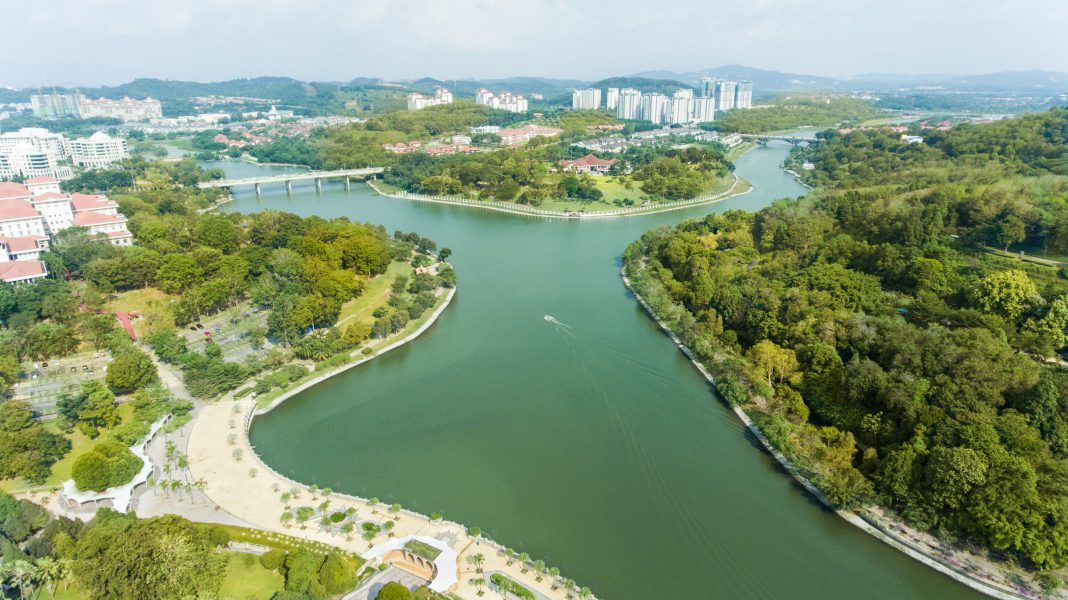Governments must not jeopardise efforts to address environmental issues in the name of economic progress, even during a global pandemic
As several governments around the world have announced plans to reduce prioritisation on environmental protection and enforcement amid the COVID-19 pandemic, a UN expert is calling the move “irrational” and “irresponsible.”
“Such policy decisions are likely to result in accelerated deterioration of the environment and have negative impacts on a wide range of human rights including the rights to life, health, water, culture, and food, as well as the right to live in a healthy environment,” said David Boyd, the UN Special Rapporteur on human rights and the environment in a UN press statement on 15th April 2020.
“The global pandemic highlights the vital importance of a safe, clean, healthy and sustainable environment,” he stated, given recent studies showing that people who are living in areas with high levels of air pollution are at a greater risk of premature death from COVID-19.
Mr Boyd added that around three-quarters of emerging infectious diseases are ‘zoonoses’, meaning they can be transmitted from animals to humans, and these include SARS, MERS and the current COVID-19.
“Scientists warn that deforestation, industrial agriculture, illegal wildlife trade, climate change and other types of environmental degradation increase the risk of future pandemics, raising the probability of major human rights violations,” the UN expert noted.
Thus, he called on governments to strive for long-term sustainable and inclusive development – in line with the UN Sustainable Development Goals – instead of resorting to short-term decisions to weaken environmental regulations to boost economic development.
“As COVID-19 is demonstrating, pandemics can undermine the rights of billions of people, especially those who are already vulnerable to environmental harm including people living in poverty, minorities, elderly, indigenous peoples, women and children,” he stressed.







